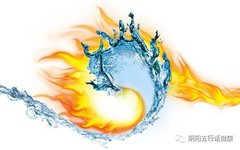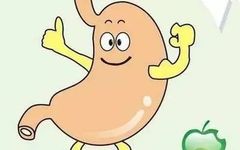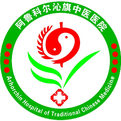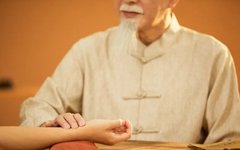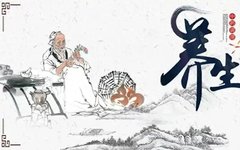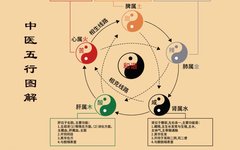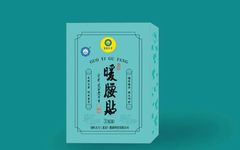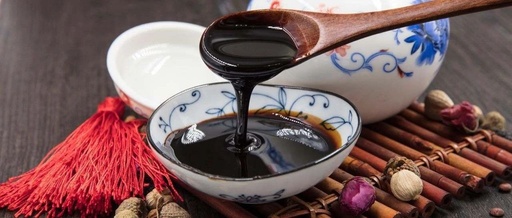Igniting the True Yang Fire
This guiding method is the favorite practice of this practitioner, named “Fu Guang Zhi Mang” (The Radiance of the Initial Light), which I do not wish to reveal to others. Today, at the request of a friend, I present this method to the public, hoping that those who indulge excessively will restrain themselves, and I … Read more

